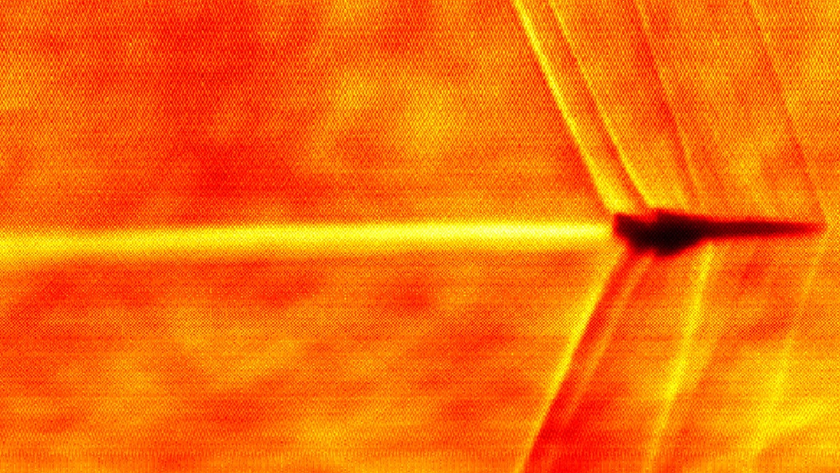Intelligent Clothing Could Save US Military Lives

When soldiers fall wounded on future battlefields, their smart uniforms may instantly report the location of gunshot wounds or even detect traces of nuclear, biological or chemical attacks in blood and sweat. That intelligent clothing could make a lifesaving difference in medical care and give U.S. commanders a sense of battles unfolding as casualties mount.
The smart uniforms would include medical sensors built into the fabric to monitor the health of U.S. troops, according to a notice issued by the Pentagon's Defense Threat Reduction Agency (DTRA) on May 7. Such clothes would not only detect where wounds occurred and how deep they go, but also report a fallen soldier's location with GPS coordinates and pass along other critical information for battlefield medics.
Smart clothing fibers might even "estimate the depth of penetration" from bullets or shrapnel and how they affect surrounding organs, according to the DTRA solicitation. Sensors could also detect specific "biomarkers" in human blood, saliva, sweat or urine that reveal the presence of chemical or biological weapons, radiation from nuclear weapons or even traces of explosives left by a roadside bomb.
U.S. military commanders might have the eerie experience of watching their digital battlefield maps bloom with tiny dots indicating locations and numbers of the wounded or killed — a different way of tracking battles aside from using radio reports and video footage from drone surveillance cameras.
Smart clothing similar to what the Pentagon wants already exists in primitive forms. Lab researchers have experimented with special clothing fibers capable of replicating soft, flexible touch screens and batteries, and hope to make soft versions of the tiny transistors at the heart of modern electronics.
This story was provided by InnovationNewsDaily, a sister site to LiveScience. Follow InnovationNewsDaily on Twitter @News_Innovation, or on Facebook.
Sign up for the Live Science daily newsletter now
Get the world’s most fascinating discoveries delivered straight to your inbox.











